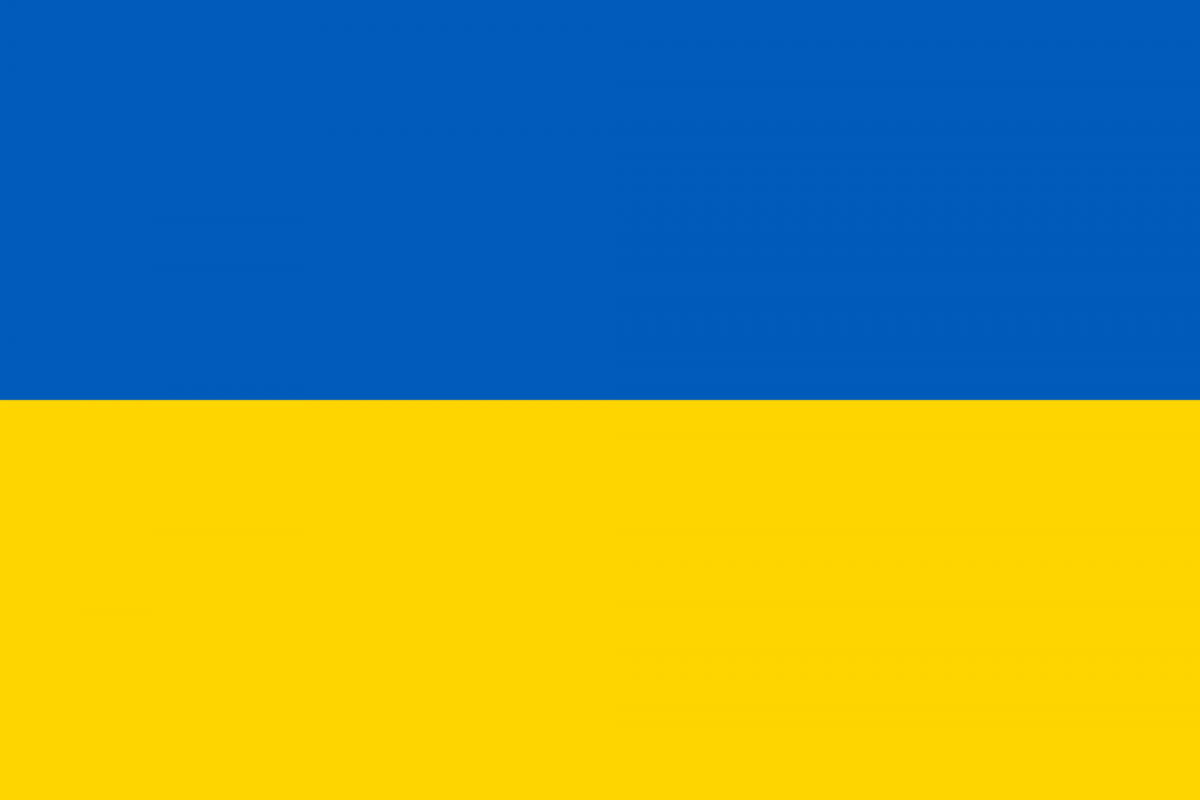
At a recent rally for Ukraine, the granddaughter of a Tartar – indigenous Crimean – woman, offered her solidarity with Ukrainians; at a small gathering in a Scottish public park, she stood next to a young Belarusian woman, and a Russian man carrying a banner for Russians against the war.
It's impossible not to speak of what's happening right now in Ukraine, of the awful horrors being visited on people by naked imperialism. But it's also impossible to do so without acknowledging that – beyond our links to those working with the arts and refugee communities around the country – we have not specifically spoken about other wars on on this website, about Crimea, Belarus – or about Syria, Yemen, Cameroon, Somalia, Afghanistan...
This article from South Africa's New Frame by Cameroonian scholar Bonaventure Soh Bejeng Ndikung explores how we might move past our partial perception of conflict to practice "a genuinely universal solidarity".
The cultural community's support for refugees from Ukraine (if they are finally given the means to reach the UK) will build on decades of commitment to this solidarity by creative and cultural practitioners. Many can be found on the website of our friends, Counterpoints Arts – the UK's network for arts made with and by refugees and people seeking asylum. Many will also be members of the Culture, Health & Wellbeing Alliance: participatory creative practice works to a holistic principle of care where it is needed; our members bring specialist skills to numerous different challenges and contexts, including displaced peoples, health, and criminal justice.
For those of us with less experience of working to support refugees or asylum seekers, we could do worse than focus on supporting and amplifying Refugee Week this June. You might also be interested in joining the brilliant cultural campaigners at WhatNext? who will be running meetings focused on conflict, war, and displacement from later in April. Sign up here...
Meanwhile, the museums community has been coming together to support relief efforts (read more here via the Museums Association), whilst others work to amplify the work of the Ukranian cultural community: NPR recently published an article focused on people sustaining the cultural life of Ukraine right now, which included this call from the Director of the Municipal Art Centre in Lviv, reinforcing the importance of culture and creativity in extremis:
Art is not an extra little thing — a sidebar — in this war. Putin has said Ukraine is not a real country — that it doesn't have a real culture of its own. Go out and prove him wrong.
The Art Newspaper focuses on Ukranian efforts to bring together an exhibit for the Venice Biennale. Closer to home, Sound in Scotland recently commissioned a 'soundcast' from composer Rūta Vitkauskaitė exploring her favourite findings in Ukrainian contemporary music.
The diversity of music is truly stunning, each living composer I came across projecting their strong individual language, some with recognisable influences from Western, others from Eastern music traditions, American minimalism, European electro-acoustic music, and very many - with very strong and proud influence of their own traditional Ukrainian song culture.
More broadly, this Ukranian website offers suggestions of ways to help, from donating to writing to your MP. Another Europe is Possible and European Alternatives are together organising a series of rolling No More War Citizens Assemblies to engage citizens in building an international peace movement. The NCVO has written about how the government might build on the work of the community and voluntary sector to create better wraparound support for those arriving in this country, whilst Counterpoints Arts' co-directors' blog touches on the implications of the UK's current visa regime as well as the structural racism that will be amplified if the new Nationalities and Borders Bill passes into law.
The art world plays a vital role in confronting racism and discrimination head-on and must continue to do so. As artists have expressed time and again, the impact of war on people from non-European countries (such as Somalia, Sudan, Afghanistan, or Yemen, for example) is no less violent or destabilising.
As this conflict brings home the reality of other conflicts, perhaps in the words of Bonaventure Soh Bejeng Ndikung we can consider a greater, wider sense of solidarity that can make lives believable, and liveable.
